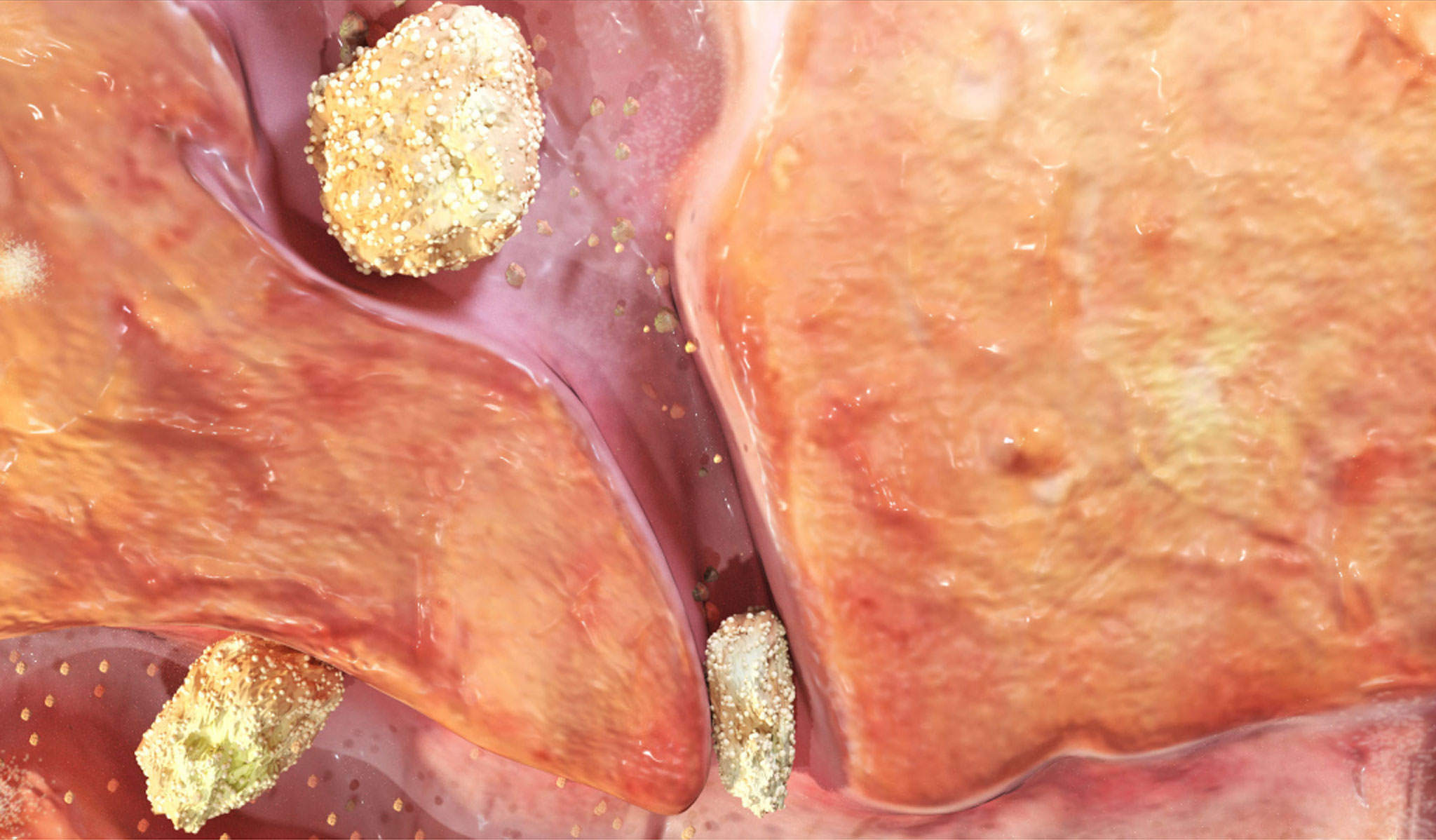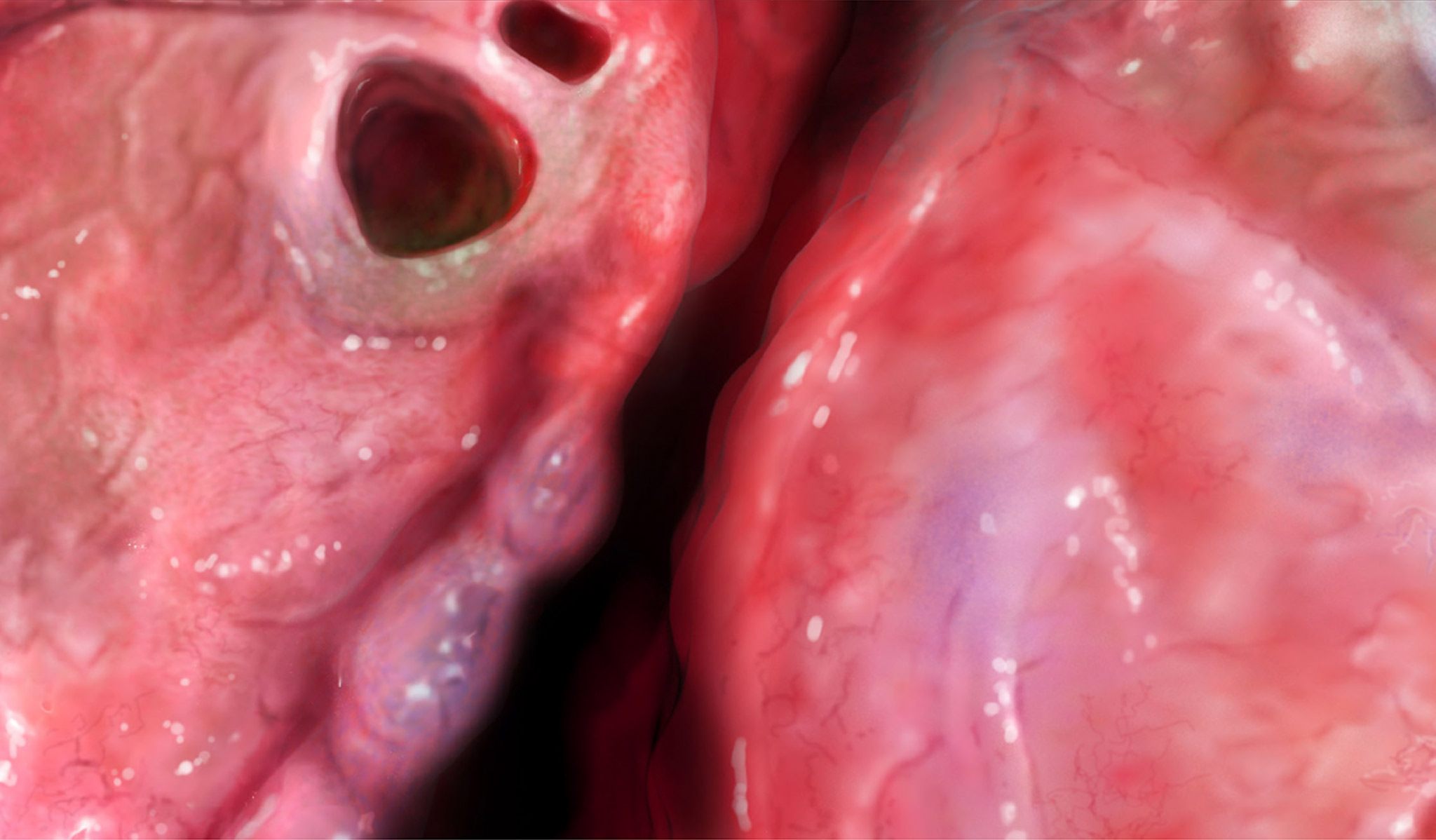Optimising the Management of Pancreatic Exocrine Insufficiency
Pancreatic exocrine insufficiency (PEI), is a condition in which people are unable to adequately digest fats, carbohydrates and proteins due to a lack of digestive enzymes being produced from the pancreas. This results in nutrient malabsorption and malnutrition, which can have further consequences for patients.1
PEI is usually associated with other medical conditions, including cystic fibrosis, chronic pancreatitis, pancreatic cancer, diabetes, gastrointestinal surgery, celiac disease, irritable bowel syndrome, or inflammatory bowel disease.2
This online resource is for healthcare professionals who would like to learn more about PEI, its causes, and its management.
References
- Singh VK, Haupt ME, Geller DE, Hall JA, Quintana Diez PM. Less common etiologies of exocrine pancreatic insufficiency. World J Gastroenterol. 2017;23(39):7059-7076.
- Smith RC, Smith SF, Wilson J, Pearce C, Wray N, Vo R, et al. Australasian guidelines for the management of pancreatic exocrine insufficiency. Australasian Pancreatic Club, October 2015. pp 1-122.








